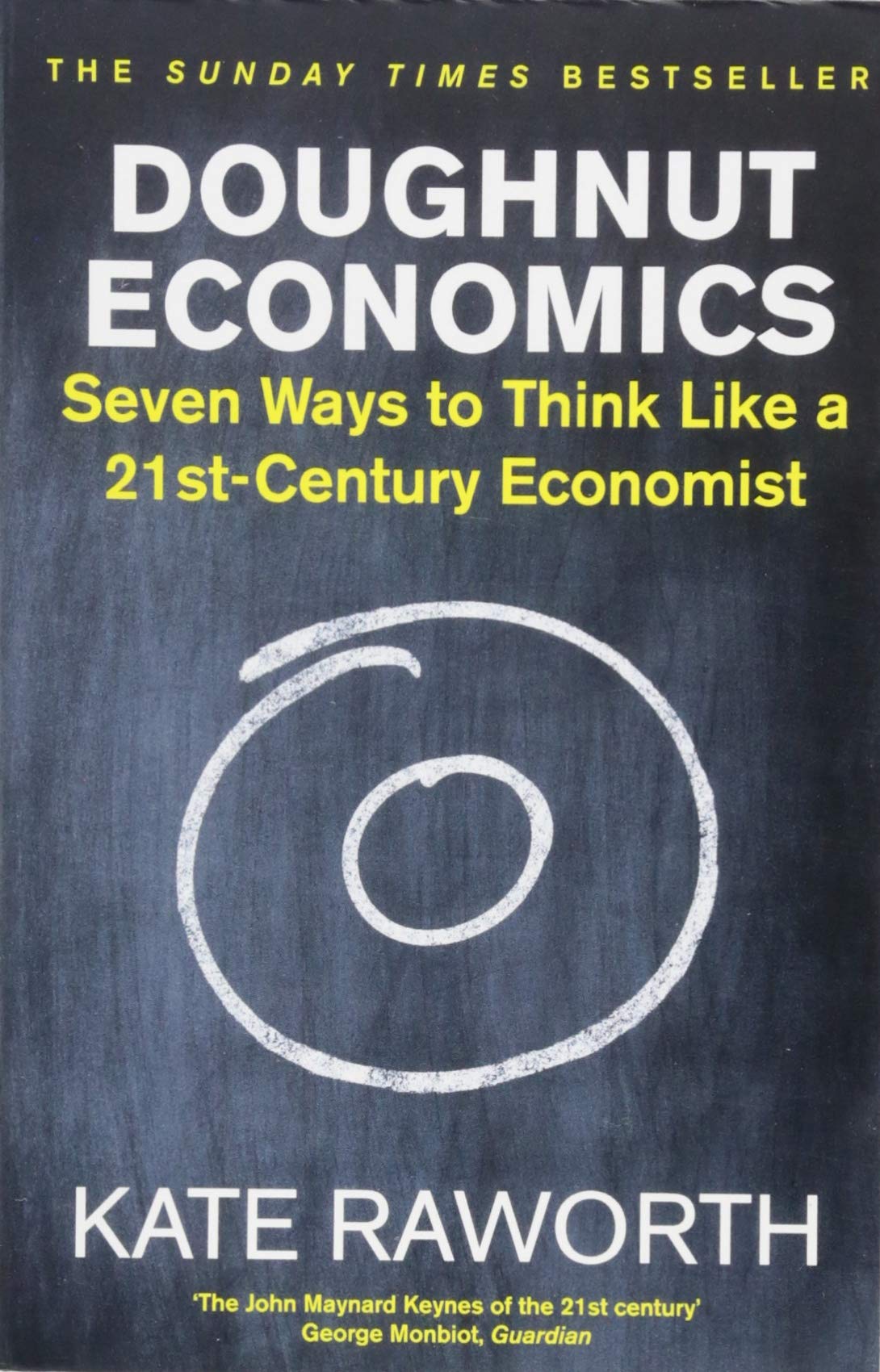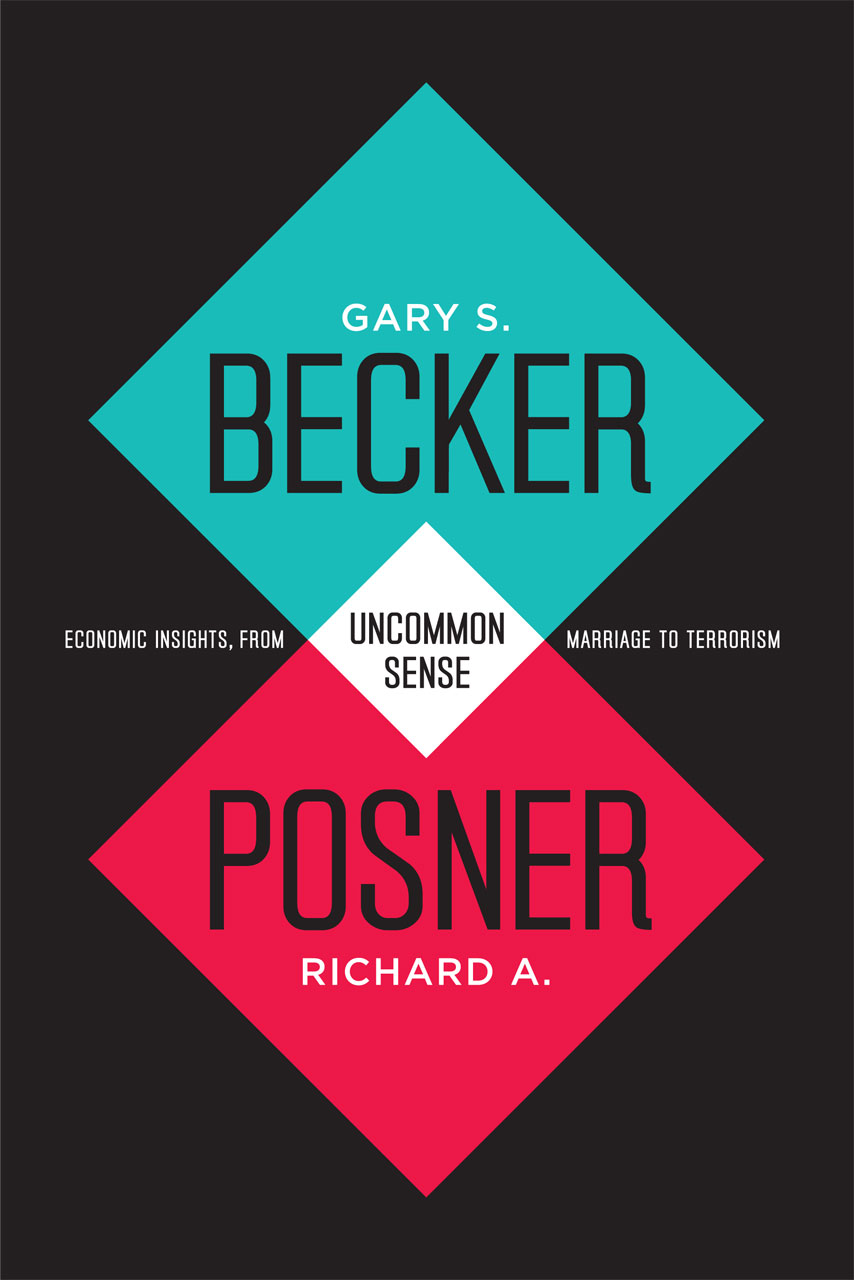Modern economics Economics is stupid, remember? It is modeled on ridiculous assumptions like perfectly rational egotistical actors, or efficient and fully transparent markets. It exists in an intellectual bubble where even the most relevant developments made in other fields are dismissed as mere “externalities” unworthy of recognition within economic theory. And it simply does not work, because it provides economists with almost no capability to predict the future development of a market or society, to calculate the effect of a new policy, or to prevent the next crisis. Fortunately, economists start to see it the same way. Doughnut Economics by Kate Raworth pictures a way towards a modern, sensible economic theory. I may be a bit unfair, and there certainly is more to economics than stupid ways to put a price on things. Nevertheless, one central question has always been how to measure or evaluate alternatives, be it on individual or governmental level. And regardless of the particular method of measurement, the “better” choice is defined as the one that yields “more”. More money, more GDP, more status. Economics expects, even demands, not only growth, but ever increasing growth rates. Growth of the growth, if you will. And that can…
Review: A tall tale of market efficiency, informed choice and the quest for the right discount rate. I’ve been reading on modern economics lately. Some authors challenge dearly held economic assumptions, others use new and radical methods. Uncommon Sense is the old-fashioned kind of economics. The kinda bad kind. Becker and Posner curated a collection of their blog posts, each one written by one author with a commentary of the other. I did not check if the book content was directly taken from the author’s blog, or if some updates have been made. They muse on different topics, arranged by overarching themes, and they offer their economic and legal view on affairs. Applying economic principles to affairs things are not typically appraised by economic value is a neat idea. Bring down any decision to a sum of money that the alternatives will cost or bring in, and everything gets easy. Unfortunately, it doesn’t work all the time. Here are some examples from Uncommon Sense where I believe that the authors go awry. They never think far enough Love is transactional, remember? Becker and Posner would like to take it one step further and define marriage purely as a contractual…



